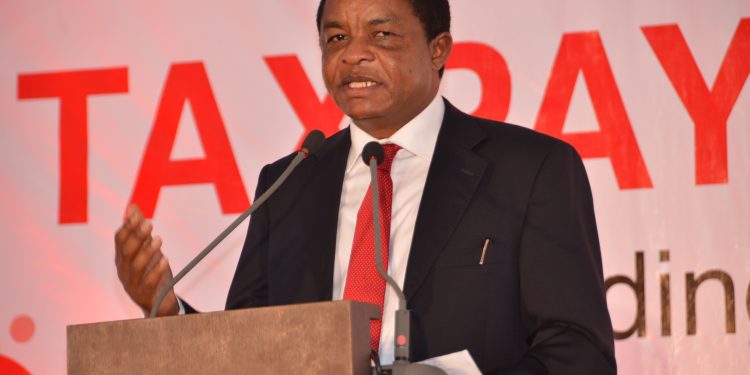The Kenya Revenue Authority (KRA) has raised Sh8.3 billion as at April 30, 2018, from the Alternative Dispute Resolution (ADR) system. The ADR system has resolved 181 tax disputes in the last three years.
ADR is a process that offers taxpayers an independent re-examination of a tax assessment from a tax audit. The system protects the rights of taxpayers to oppose a tax assessment and receive a fair hearing.
In addition, ADR offers an environment where “tax disputes are amicably resolved without recourse to lengthy and costly litigation” through a fair, voluntary, confidential, and fair process.
ADR is provided for by different legislation such as the Constitution under Article 159 (2)(c), the Tax Procedures Act under Section 55 (1), and the Tax Appeals Tribunal Act, in Section 28(1).
The Upgraded ADR System
KRA has upgraded the ADR system through a team of facilitators who resolve disputes between taxpayers and revenue departments.
The Authority has also created a framework that guides the parties involved a tax dispute that are wishing to use the ADR system.
ADR can be used in any tax dispute excluding a tax conflict that necessitates the interpretation of the law, a situation where there is an undisputed ruling, and where either party is unwilling to participate in the ADR process.
ADR is only used when both parties are willing to engage in the process.
“A tax dispute commences with an objection to a disputed assessment/ decision after a confirmation of the assessment/decision. The parties appear before a facilitator, who guides the parties towards a mutually agreed position. Upon agreeing, an ADR Agreement is drawn setting out the agreed terms. The agreement is then executed by the parties, marking the end of the ADR process. The ADR agreement must be within the confines of the constitution and applicable revenue statutes,” the commissioner for legal services and board coordination, KRA says in a statement.




